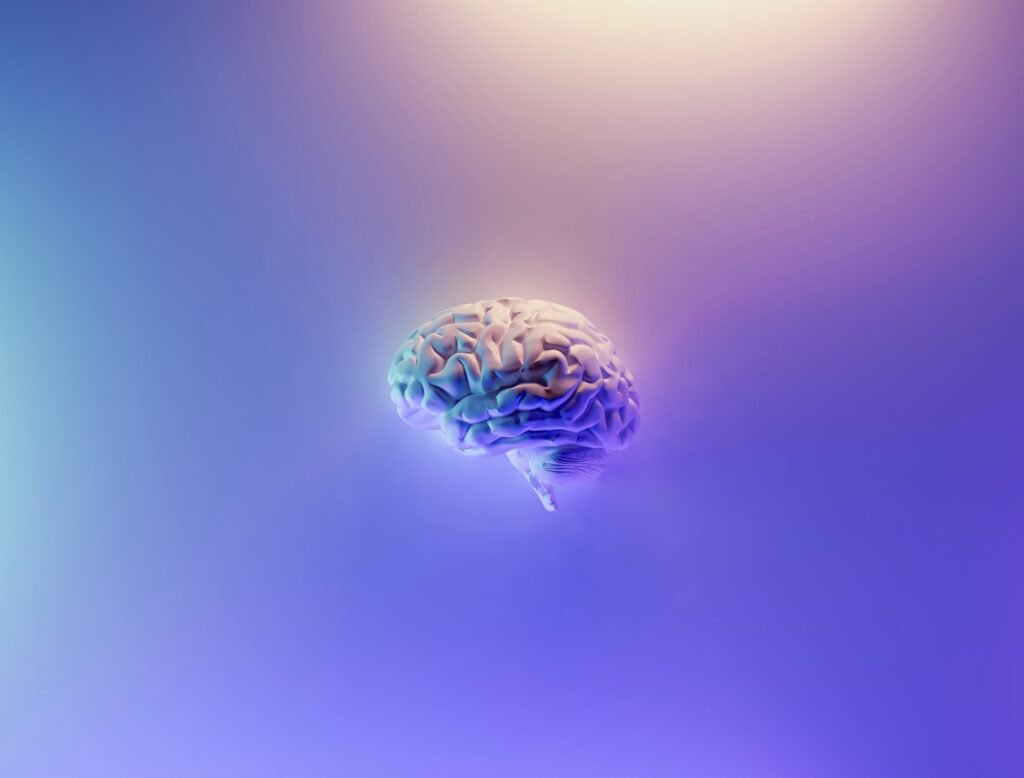Introduction: Nootropics, often referred to as “smart drugs” or cognitive enhancers, are substances designed to improve cognitive function, particularly executive functions, memory, creativity, or motivation, in healthy individuals. With an increasing demand for productivity and mental clarity in today’s fast-paced world, nootropics have gained significant popularity. This guide delves into the world of nootropics wholisticresearch through a comprehensive, holistic research lens, covering their types, benefits, potential risks, and much more.
Types and Categories of Nootropics
Synthetic Nootropics
Racetams
Racetams are a class of synthetic nootropics known for their cognitive-enhancing properties. The most well-known racetam, Piracetam, is praised for its ability to enhance memory and learning capabilities.
Ampakines
Ampakines are a newer class of cognitive enhancers that work by modulating the AMPA receptors in the brain. They have shown promise in improving attention and alertness.
Cholinergics
Cholinergics enhance the cholinergic system, which includes acetylcholine production and function. Common cholinergics include Alpha-GPC and Citicoline, known for boosting memory and cognitive function.
Natural Nootropics
Herbal Nootropics
Herbs like Ginkgo Biloba, Bacopa Monnieri, and Ashwagandha have been used for centuries in traditional medicine for their cognitive benefits. These herbs are celebrated for their ability to enhance memory, reduce stress, and improve overall brain function.
Nutraceuticals
Nutraceuticals like Omega-3 fatty acids, found in fish oil, and Phosphatidylserine are essential for maintaining brain health and supporting cognitive functions. They offer a natural way to enhance mental performance.
Adaptogens
Adaptogens such as Rhodiola Rosea and Panax Ginseng nootropics wholisticresearch help the body adapt to stress and exert a normalizing effect upon bodily processes. These natural compounds are beneficial for improving focus and reducing fatigue.
Symptoms and Signs of Cognitive Decline
Early Symptoms
- Memory Lapses: Forgetting recent events or information.
- Difficulty Concentrating: Trouble focusing on tasks or conversations.
- Confusion: Increased confusion about time, place, or familiar activities.
Advanced Symptoms
- Language Problems: Difficulty finding the right words or following conversations.
- Poor Judgment: Making uncharacteristic or risky decisions.
- Personality Changes: Noticeable changes in mood or behavior.
Causes and Risk Factors
Biological Factors
Genetics
Certain genetic factors can predispose individuals to cognitive decline and conditions like Alzheimer’s disease.
Neurodegenerative Diseases
Conditions such as Parkinson’s and Huntington’s disease can lead to significant cognitive impairment over time.
Environmental Factors
Toxins and Pollutants
Exposure to harmful substances like heavy metals and pesticides can negatively affect brain health.
Lifestyle Choices
Poor diet, lack of exercise, and insufficient sleep are critical factors that can accelerate cognitive decline.
Lifestyle Factors
Diet and Nutrition
A diet high in sugars and unhealthy fats can impair brain function, while a nutrient-rich diet supports cognitive health.
Physical Activity
Regular physical activity enhances brain function and reduces the risk of cognitive decline.
Diagnosis and Tests
Cognitive Assessments
Mini-Mental State Examination (MMSE)
The MMSE is a widely used tool for assessing cognitive function. It includes tests of memory, attention, language, and spatial skills.
Montreal Cognitive Assessment (MoCA)
The MoCA is a more comprehensive test that evaluates different cognitive domains and is used to detect mild cognitive impairment.
Imaging Techniques
MRI and CT Scans
These imaging techniques provide detailed pictures of the brain’s structure and are used to detect abnormalities.
PET Scans
PET scans can show the functioning of different brain areas and are useful in diagnosing conditions like Alzheimer’s.
Biomarker Testing
Blood Tests
Blood tests can identify biomarkers associated with cognitive decline and other neurological conditions.
CSF Analysis
Cerebrospinal fluid analysis can detect proteins linked to neurodegenerative diseases.
Treatment Options
Medical Treatments
Prescription Nootropics
Drugs like Modafinil and Adderall are used to treat conditions like ADHD and narcolepsy but are also popular for their cognitive-enhancing effects.
Cognitive Behavioral Therapy (CBT)
CBT helps individuals manage symptoms by changing negative thought patterns and behaviors.
Lifestyle Adjustments
Diet and Nutrition
Adopting a brain-healthy diet rich in antioxidants, vitamins, and omega-3 fatty acids can support cognitive function.
Exercise and Physical Activity
Engaging in regular physical exercise improves brain health and reduces the risk of cognitive decline.
Sleep Hygiene
Ensuring adequate and quality sleep is crucial for cognitive health and overall well-being.
Alternative Therapies
Mindfulness and Meditation
Practices like mindfulness and meditation can improve focus, reduce stress, and enhance cognitive function.
Acupuncture
Acupuncture has been shown to have positive effects on brain function and mental clarity.
Preventive Measures
Healthy Diet
A balanced diet rich in fruits, vegetables, whole grains, and lean proteins supports overall brain health.
Regular Exercise
Physical activity increases blood flow to the brain and promotes the growth of new brain cells.
Mental Stimulation
Engaging in mentally stimulating activities like puzzles, reading, and learning new skills helps maintain cognitive function.
Stress Management
Techniques such as yoga, deep breathing exercises, and spending time in nature can reduce stress and support brain health.
Personal Stories or Case Studies
Case Study: John’s Journey with Nootropics
John, a 45-year-old software engineer, struggled with memory and focus. After incorporating nootropics like Bacopa Monnieri and Omega-3 supplements into his daily routine, he noticed significant improvements in his cognitive performance.
Case Study: Sarah’s Experience with Lifestyle Changes
Sarah, a 60-year-old retired teacher, managed her cognitive decline through lifestyle changes, including a Mediterranean diet, regular nootropics wholisticresearch exercise, and mindfulness practices. Her story highlights the impact of holistic approaches to brain health.
Expert Insights
Dr. Jane Smith on Nootropics
Dr. Jane Smith, a renowned neurologist, emphasizes the importance of a holistic approach to brain health, combining nootropics with lifestyle changes for optimal results.
Professor John Doe on Cognitive Health
Professor John Doe, a leading researcher in cognitive science, discusses the latest findings on the effectiveness of natural nootropics and the importance of preventive measures.
Conclusion
In conclusion, nootropics offer promising benefits for enhancing cognitive function, memory, and overall brain health. By understanding the different types of nootropics, recognizing the symptoms of cognitive decline, and adopting a holistic nootropics wholisticresearch approach that includes lifestyle adjustments and preventive measures, individuals can optimize their mental performance and maintain cognitive health. For those considering nootropics, it is essential to consult with healthcare professionals to ensure safe and effective use.

